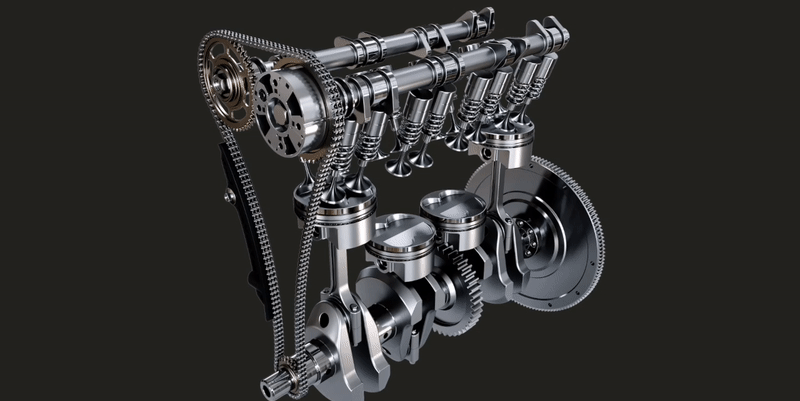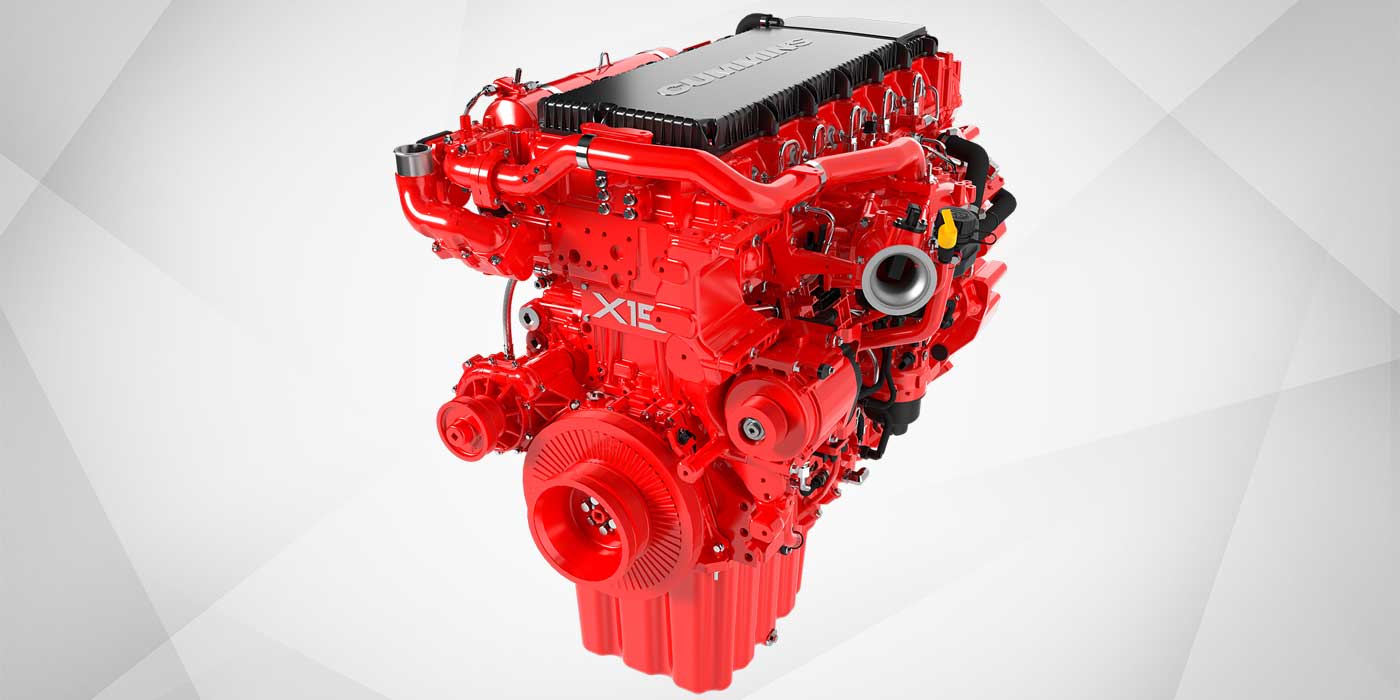A Full Overview to Purchasing From Engines For Africa
A Full Overview to Purchasing From Engines For Africa
Blog Article
Check Out a Large Range of Engines for each Vehicle and Purpose
The automotive landscape is progressively intricate, with a diverse selection of engine kinds developed to satisfy specific performance and effectiveness needs across numerous lorry groups. In addition, sturdy engines offer the needs of work vehicles, while environmentally friendly options are acquiring traction in the pursuit of sustainable transport.
Types of Automotive Engines
Automotive engines can be classified right into several distinct kinds, each created to satisfy certain efficiency and efficiency demands. The most typical groups consist of internal burning engines, electrical engines, and hybrid systems.

Electric engines, on the various other hand, run on electrical power kept in batteries, providing immediate torque and zero exhausts. These engines are ending up being increasingly preferred because of improvements in battery technology and the growing emphasis on sustainability.
Hybrid systems integrate both inner burning and electric engines, making it possible for vehicles to enhance fuel performance and decrease emissions by effortlessly switching in between power sources. Each engine type presents its disadvantages and benefits, affecting variables such as vehicle style, intended usage, and market need. When selecting the ideal engine for their specific demands., understanding these distinctions is critical for producers and consumers alike.
Performance Engines for Sports Cars
Performance engines for cars are especially crafted to supply enhanced rate, agility, and power, setting them besides conventional automobile engines. These engines usually utilize innovative technologies such as turbocharging, supercharging, and variable valve timing to make best use of efficiency and responsiveness.
Commonly, performance engines are created with higher compression proportions, which permit better power extraction from gas. This leads to excellent horsepower and torque numbers, allowing rapid acceleration and greater leading speeds. Furthermore, the light-weight materials made use of in these engines, such as aluminum and carbon fiber, add to decreased general automobile weight, enhancing handling and ability to move.
Engine setups like V6, V8, and even hybrid systems prevail in performance cars, each offering special benefits in regards to power distribution and driving dynamics. The adjusting of these engines is likewise important; many manufacturers maximize the engine monitoring systems to give an exciting driving experience, often consisting of sport modes that readjust throttle action and gear changes.
Reliable Engines for Daily Commuters
In the world of everyday commuting, effective engines play an essential role in optimizing gas economic climate and reducing emissions while supplying trustworthy efficiency. As city populaces expand and ecological concerns magnify, the demand for automobiles geared up with effective powertrains has actually risen.
Modern engines created for daily commuters commonly integrate modern technologies such as turbocharging, direct gas injection, and hybrid systems. Turbocharging enhances engine performance by requiring even more air into the burning chamber, permitting smaller sized, lighter engines that do not jeopardize power output. Straight fuel shot improves gas atomization, leading to far better combustion find and increased efficiency.
Hybrid engines, integrating internal combustion with electrical power, more increase fuel economic situation, specifically in stop-and-go website traffic, where traditional engines can struggle with inadequacies. Electric motors assist during velocity and can operate individually at reduced speeds, lowering general gas usage.
Moreover, improvements in engine management systems and lightweight products contribute dramatically to efficient engine layout. By focusing on efficiency, durability, and ecological sustainability, suppliers continue to provide engines that not only meet the demands of daily travelling however also align with global initiatives to reduce carbon impacts.
Heavy-Duty Engines for Job Cars
Sturdy engines for work lorries are regularly crafted to provide remarkable torque and integrity under demanding problems. These engines are made to perform in settings where standard engines might fail, such as building and construction sites, logging operations, and agricultural settings. The primary focus of heavy-duty engines is their capacity to generate high levels of power while maintaining sturdiness over extended periods of operation.
Normally, durable engines utilize sophisticated materials and durable building techniques to hold up against the roughness of hefty workloads. Features such as reinforced cyndrical tube blocks, boosted cooling systems, and progressed fuel injection technologies add to their effectiveness. These engines usually run at lower RPMs, which assists to maximize gas effectiveness while offering the necessary power for hauling and carrying.
Along with mechanical effectiveness, heavy-duty engines are usually equipped with innovative digital control devices (ECUs) that handle performance, exhausts, and diagnostics. This integration enables better tracking and maintenance, ensuring that work automobiles remain effective and operational.
Inevitably, sturdy engines are a crucial element in the performance of numerous industries, supplying the required power and integrity to take on the toughest of tasks.
Eco-Friendly Engine Options
The growing emphasis on sustainability has actually led to the development of eco-friendly engine choices that prioritize reduced emissions and improved fuel efficiency. These engines are created to lessen the ecological impact of lorries while still providing the performance and dependability expected by customers.
Amongst the most noteworthy environmentally friendly options are hybrid and electric engines. Hybrid engines incorporate conventional interior burning engines with electric propulsion, enabling for reduced fuel consumption Learn More Here and reduced greenhouse gas exhausts. Electric engines, on the various other hand, operate totally on battery power, creating zero tailpipe emissions and adding to cleaner air high quality.
Another appealing advancement is the innovation of biofuel engines, which use sustainable sources, such as plant materials, to power cars (Engines For Africa). By making use of biofuels, these engines can reduce dependency on fossil fuels and lower general carbon impacts

As the automotive sector progresses, green engine alternatives will play a crucial role in driving the transition towards more sustainable transport solutions.
Verdict
From high-performance engines that enhance sporting activities automobile capabilities to reliable versions prioritizing fuel economic situation for everyday travelers, each kind serves a specific feature. Heavy-duty engines provide to durable work cars, while eco-friendly alternatives, such as electrical and biofuel engines, promote lasting transportation.

Report this page